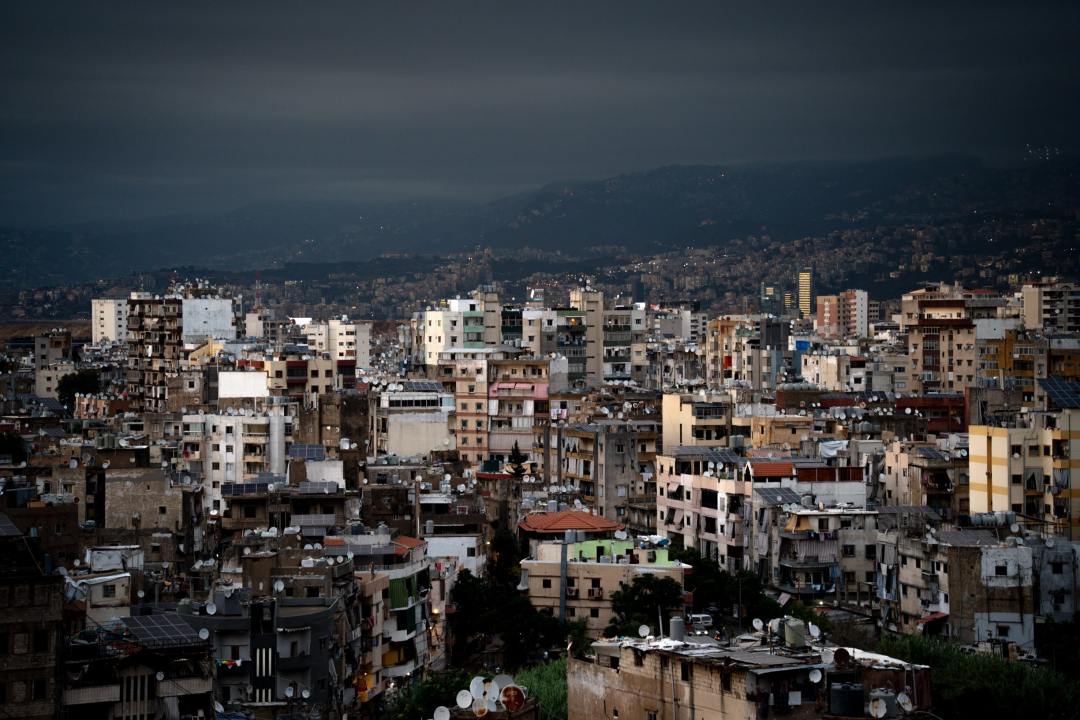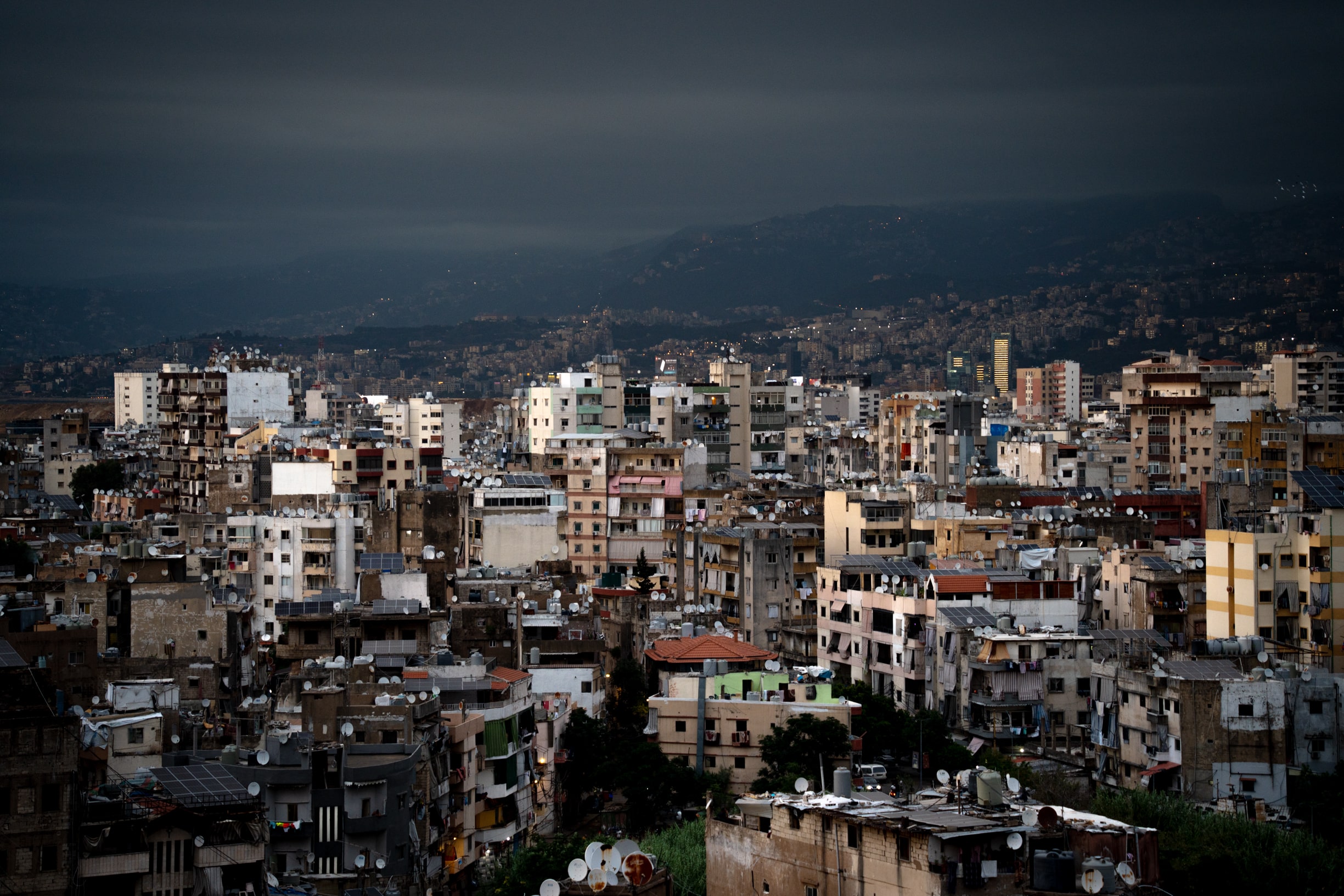In a waiting room in Beirut’s Adlieh district, with harsh fluorescent lighting glaring down on us, the handcuffed prisoners, we took turns to rotate between the floor and the splintered wood of a short bench. On the wall, someone had scrawled a life-sized drawing of an AK-47, its muzzle inscribed with the words ‘Pew! Pew!’ Royal blue fingerprints, remnants of the admission process, smudged the plasterboard. Names and dates were scratched into the walls, a record of how long people had been held – days, weeks or months.
This was my introduction to Lebanon’s detention centres. In August, I was bundled into the back of a pickup while working with a charity supporting Syrian refugees in the Bekaa valley. No reason was given for my arrest, and I spent over a month between a detention centre and house arrest. Reasons weren’t given to the countless refugees I was held with either. Since 2011, over 1.5

Britain’s best politics newsletters
You get two free articles each week when you sign up to The Spectator’s emails.
Already a subscriber? Log in







Comments
Join the debate for just £1 a month
Be part of the conversation with other Spectator readers by getting your first three months for £3.
UNLOCK ACCESS Just £1 a monthAlready a subscriber? Log in